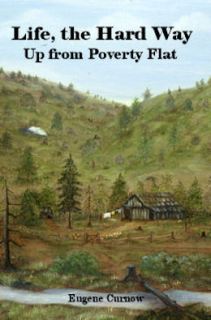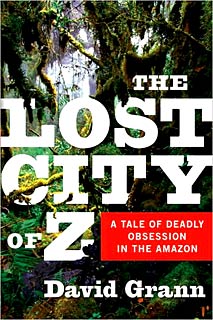This review contains affiliate links, which earn me a small commission when you click and purchase, at no extra cost to you. Thank you for supporting my small business and allowing me to continue providing you a reliable resource for clean book ratings.
Dr. Eugene Curnow is a World War II veteran (Pacific theater) and a fellow veterinarian. He graduated from my alma mater (Washington State University) 34 years before I did. We have never met, but I learned of his book through our alumni association and thought it would be a worthwhile read.
Although born in the Midwest, Gene grew up nearly exclusively on the West Coast, primarily in Northern California. His young life during the Great Depression is pretty clearly documented with significant attention to detail. Through his eyes, we learn of the physical suffering endured by Americans during that time period, when people had little other than their own two hands to try to survive the challenging economic times. For those of us in the modern world (who have never known true deprivation), the vivid descriptions are as unbelievable as they are spellbinding.
After high school and a short stint in college, the author enlisted and served as a medical corpsman in the U.S. Navy during the latter half of World War II. He served on a transport that plied the waters of the Pacific Ocean, and he tended to his fellow soldiers during the siege on Iwo Jima. This section is also extremely detailed, but not quite to the point of being gory. It also happens to be the best written portion of the book, and I suspect that it served a therapeutic function for Curnow. I was completely captivated (and humbled) by his day-to-day descriptions of the trials he and his colleagues endured.
The remainder of the book is a fairly brief description of his post-Navy life and education. Personally, I had hoped for just a little more detail about his time at the WSU College of Veterinary Medicine, since he was taught by people who were simply legendary by the time I arrived. He does not go into any significant detail of his professional life after graduation either.
Overall, this book is primarily a firsthand account of The Great Depression and Iwo Jima, and students of those eras would gain tremendous insights by reading this work. The prose is pretty much what one would expect from a non-author; events are related multiple times in different chapters, flow varies from choppy to less choppy, etc. As I indicated above, however, the chapters dealing with combat exhibit the best writing.
Rated: High. Only 2 f-words are used, but there are nearly 20 other instances of moderate-grade profanity, and milder terms were used just over 40 times. There is one description of a sexual encounter, and a few other allusions to similar experiences. Appropriately, there is a detailed narrative of the results of a fellow sailor’s acquisition of a venereal disease.
Click here to purchase your copy of Life, the Hard Way: Up from Poverty Flat on Amazon.




